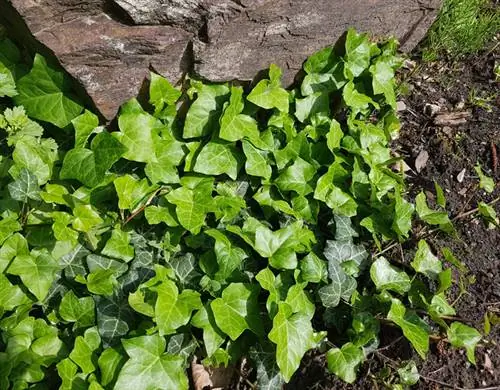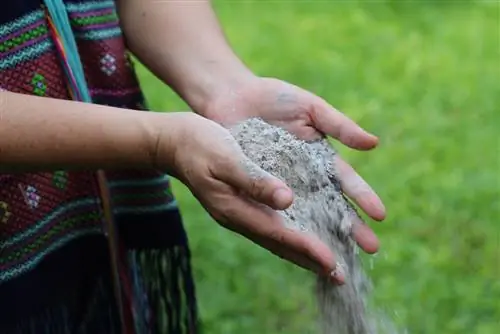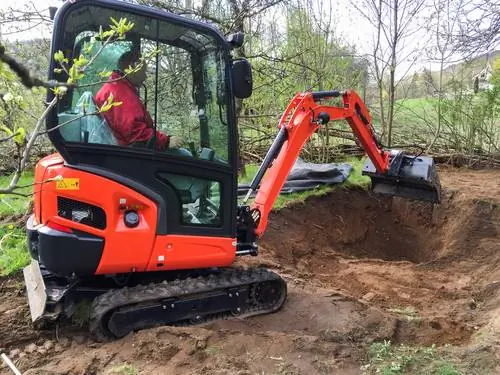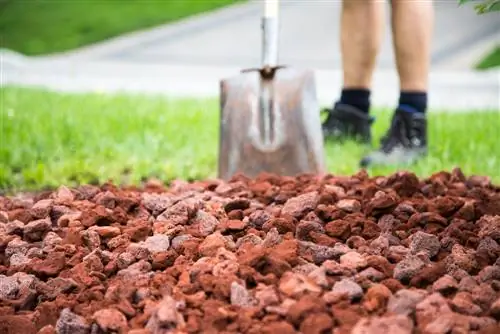- Author admin leonars@hobbygardeners.com.
- Public 2023-12-16 16:46.
- Last modified 2025-01-23 11:20.
Ivy is one of the most versatile plants in the garden. The climbing plant can be used in the garden for a variety of purposes as it is undemanding in terms of location and does not require much care.
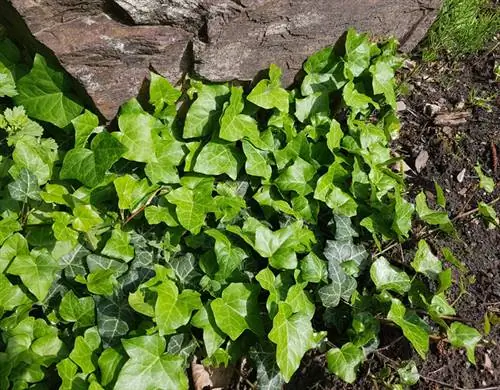
What is ivy good for in the garden and what care does it need?
Ivy in the garden can be used as ground cover, greening of shaded areas, privacy walls or facade greening. Ivy grows best in shady to semi-shady locations with loose, water-retaining soil and requires little care other than regular pruning.
Garden design with ivy
The possibilities for ivy in the garden are diverse. The climbing plant can be planted as
- Groundcover
- Greening of shaded areas
- Privacy wall
- Facade greening
However, caution is advised when selecting the location. After a few years, ivy grows extremely quickly and can only be kept under control by constant pruning.
When adding greenery to walls and facades, it should be noted that the adhesive roots nest in joints and the climbing plant cannot always be removed without causing damage.
Planting ivy in the garden
A good location in the garden is a shady to semi-shady spot. The soil should retain water well, but must be loose so that moisture does not build up.
When creating an ivy hedge, you need a trellis (€79.00 on Amazon) on which the climbing plant can climb. Wooden walls are good scaffolding. If wire mesh is used as a framework, you have to wrap the tendrils around the wires by hand as the roots cannot hold on here.
How to care for ivy outdoors
Once ivy has grown well, it hardly needs any care. The only thing that is urgently necessary is regular pruning, otherwise ivy will spread throughout the garden. It tolerates cutting so well that you can cut it right down to the old wood.
You need to water ivy more often in the beginning. The soil should never dry out completely. Watering may also be necessary in winter when there is little rain or snow. In later years, ivy has developed deep roots and no longer needs to be watered as often.
Ivy is hardy and does not need winter protection. To prevent the soil from drying out too much, it may make sense to protect it with a layer of mulch in the first few years.
Tip
Ivy is also suitable for keeping as a houseplant. Here, however, the plant needs a little more attention, as pests are more common in the room.

